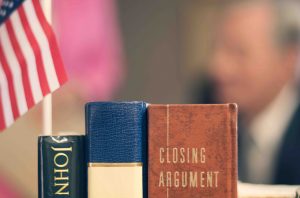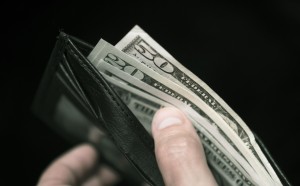 The practice notes for the rules of evidence remain an important cornerstone of justice in Chicago. Specifically, the court wants to hear, see, witness, and assess evidence that is accurate and timely. Without the rules of evidence, the court process is delayed, and the outcome is inevitably compromised. If we take the example of hearsay, it is clear that the courts wish to hear from the actual witnesses to a crime rather than second-hand stories that are subject to contamination, misinterpretation, and deception. Moreover, the access to direct evidence and witness testimony allows for cross-examination, an important verification and confirmatory aspect of the court process.
The practice notes for the rules of evidence remain an important cornerstone of justice in Chicago. Specifically, the court wants to hear, see, witness, and assess evidence that is accurate and timely. Without the rules of evidence, the court process is delayed, and the outcome is inevitably compromised. If we take the example of hearsay, it is clear that the courts wish to hear from the actual witnesses to a crime rather than second-hand stories that are subject to contamination, misinterpretation, and deception. Moreover, the access to direct evidence and witness testimony allows for cross-examination, an important verification and confirmatory aspect of the court process.
Defending attorneys should be well-versed in the allowable question and answer formats. It is a given that some clever lawyer somewhere is going to try to bend the rules by asking a leading or irrelevant question. The defendant must be prepared for the rigors of a cross examination. Many rape and sexual assault cases collapse for no other reason other than that the victim is unable to withstand the detailed and embarrassing process of cross-examination. The court does have decorum, but it is also not a place for false modesty. The judge and jury wish to hear things as they happened and as they relate to the charge that has been brought forward.
Facts Rule the Court
 Chicago Criminal Lawyer Blog
Chicago Criminal Lawyer Blog



